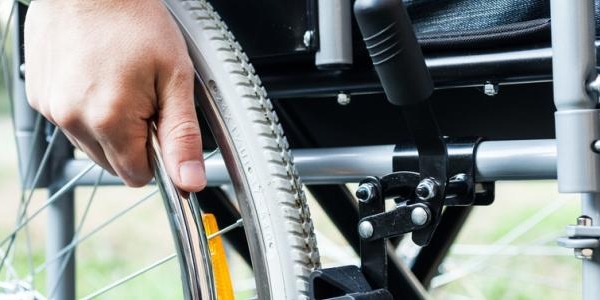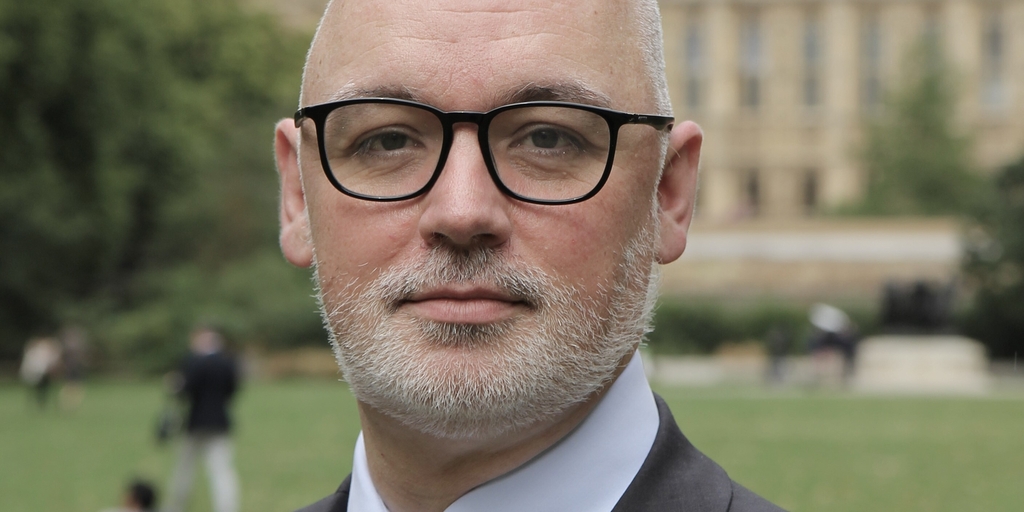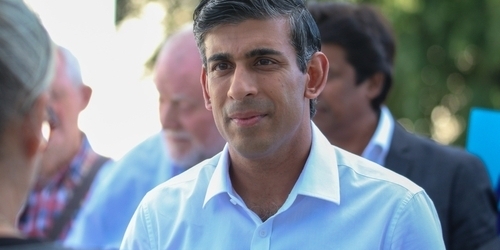In Canada another assisted suicide safeguard could soon vanish
Assisted Suicide
One of the arguments those of us opposed to the legalisation of assisted suicide have often utilised is the danger of incremental expansion. This line of reasoning is more commonly known as the ‘slippery slope’ argument. It is very simple. Basically, what starts as a tightly controlled law which applies in select circumstances ends up being expanded to include more and more conditions and circumstances. There is evidence of this happening in the Netherlands, in Belgium, in Switzerland and more recently in Oregon.
Now, in a highly disturbing development, a Canadian court has ruled that a minor safeguard included in Canada’s euthanasia law is ‘unconstitutional’. This could open the door to the removal of the safeguard and mean the culture of death is expanded in a country which already has very liberal euthanasia laws in place. It is just another example of what seems to be the unavoidable pattern if you go down the road of legalising assisted suicide or euthanasia.
Canada is actually a powerful warning to legislators here in the UK, where the pressure to change our laws on assisted suicide seems to be growing stronger. Back in 2014, the Supreme Court ruled that patients in Canada had a constitutional right to euthanasia. The Canadian Parliament meekly surrendered to this ruling and passed a Bill, but they did make sure a minor safeguard was incorporated.
The initial ruling said that anyone diagnosed with a medical condition that causes “irredeemable suffering” – as defined subjectively by the patient – has the right to be killed by a doctor. This applies even if the patient’s symptoms could be helped by available treatments.
When the Canadian Parliament went ahead and legalised death by lethal injection, it said that death has to be “reasonably foreseeable”. It was recognised that if you introduce a constitutional right to die, you need at least to make sure there is some qualification, or else what would stop someone from opting for euthanasia simply because they had grown ‘tired of life’?
Except now, even this limited safeguard has been ruled ‘unconstitutional’. There is the possibility that other courts will simply follow suit. In her 197-page judgement, Justice Baudouin said that denying patients access to assisted dying because they are not terminally ill is “forcing them to endure harsh physical and psychological suffering”.
All of this raises the question: where does it stop? If you remove even this limited safeguard, you are only making a bad situation worse. It could open the door to euthanasia for those with eating disorders, elderly people who are just tired of life, those with manageable disabilities and euthanasia due to depression.
We believe there is a better way and one that upholds and respects the dignity of vulnerable people. Rather than facilitating a right to die, we should instead focus on assisted living. We must recognise surely that our individual autonomy has limits, which are there to protect and preserve life. No-one is an island and the choices we make carry consequences for others. Rather than creating a culture where people feel the right to die is actually a duty to die, we can instead send a more positive and powerful message that says to the elderly, the disabled, the vulnerable: you matter because you are you.
Read more
In The Times (Scotland), James says the right to die will quickly become a duty to die





Share story
In Canada another assisted suicide safeguard could soon vanish